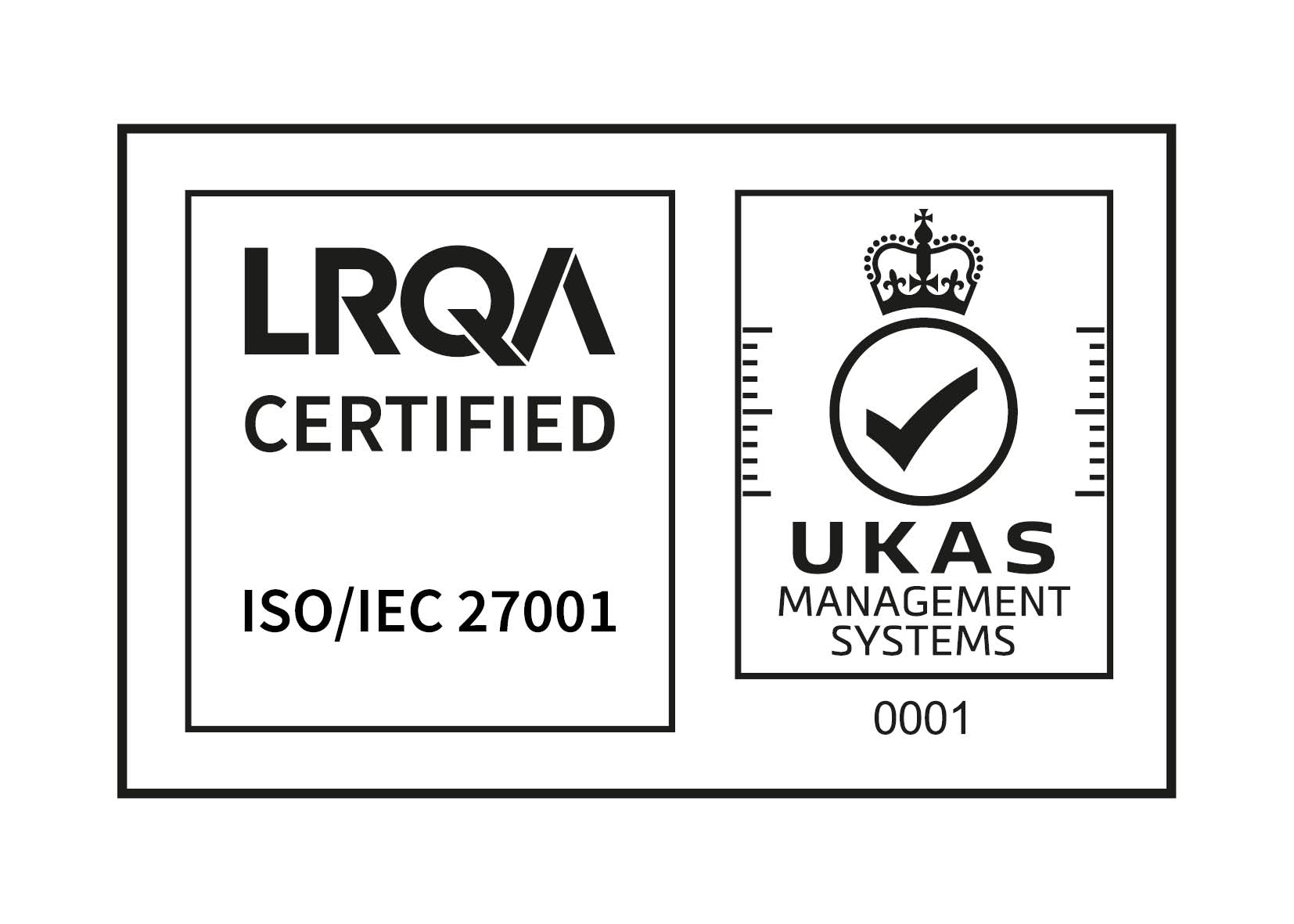[市場分析] Asia’s Great Wealth Transfer a Challenge for Family Businesses as Baby Boomers Step Down
(此頁內容只提供英文版本)
The term baby boomers seems like a misnomer now. Born between 1946 and 1964, they are anything but babies – by 2030, they will all be over the age of 65. That will take a swathe of people out of the workforce and put added pressure on pension systems.
More intriguing, however, is what’s dubbed as the Great Wealth Transfer. That is the transfer of wealth accumulated by the baby boomers to the next generations within their families and households. According to Wealth-X, Asia will account for 12% of the wealth to be passed on worldwide by 2030, which amounts to around $1.9 trillion.
That share of this transfer of wealth may seem small, but that’s more a function of Asia having a younger population. A few years after 2030, the Asian numbers will start to rise. So, for example, where those individuals globally with a net worth of $30-plus million are aged 63 on average, in China, their peers in terms of wealth are on average 55.
In Asia, around 85% of the billionaires still run the family businesses they founded many years ago. It means that Asian families, particularly these high net worth individuals (HNWIs) are on the cusp of the most significant transition of wealth between first and second generations yet seen. At the same time, as their businesses mature, HNWIs often re-allocate assets globally to reduce risk and better preserve wealth. Their children may also pursue education and careers in other jurisdictions. It’s a journey that is obviously vital for the family – and the business – but it’s also a complicated one where help and professional advice are often needed.
It’s clear that the market disruption caused by COVID-19 prompted many to reflect and appreciate the need for risk management governance, particularly around investment performance and monitoring. In addition, there’s a growing recognition of the need to have an effective succession plan in place, although inertia sometimes gets between this recognition and actually taking action. The reality shows that only half of Asian family offices have a succession plan.
Despite the proliferation of family offices in the region, Asian families’ understanding of the family office function appears to be more along the lines of a private investment arm. Most family offices in Asia are set up like registered investment advisers or simply investment-oriented organizations than what might be considered a traditional family office. It’s an approach that compares unfavourably with family offices in the West, which are set up professionally as one-stop shops for needs ranging from wealth management and investments, philanthropic giving and tax planning through to trust and estate planning.
HNWIs in Asia, especially in China, have been very successful at accumulating vast wealth by riding on the back of the region’s fast-growing economies. When they prepare to transfer wealth to their next generations, wealth preservation instead of wealth accumulation becomes a priority. Family protection, business continuity and even family harmony are their top priorities.
The mismatch between the requirements of HNWIs and services offered by typical Asian family offices creates a gap that needs to be filled. Moving forward, family offices need to adopt a holistic approach by being supported by experts in a wide range of fields, including insurance, wealth planning, trust, immigration, family governance, accounting, and legal consultancy.
Lioner recognises that these wealth transfer trends are underway and that some family offices are, in a sense, swimming naked. Lioner is well-positioned to provide those needed services in full – services that are lacking in the Asia market. At Lioner, we can offer a one-stop shop to make life easier and more efficient. And we can supply the appropriate baby-boomer swimwear too!

